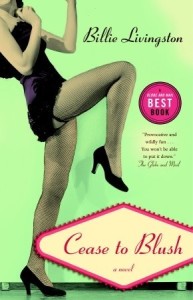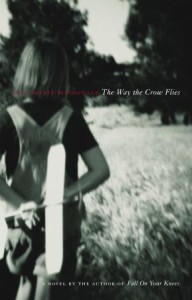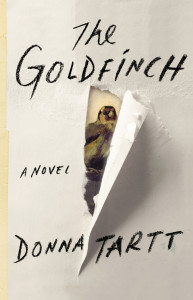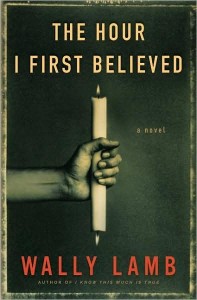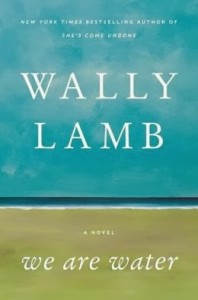
We Are Water by Wally Lamb is the story of Annie Oh and her family. When she was young, she had a tough childhood: her mother and sister died in a flood, she was a victim of abuse in her own home, and she was in foster care for several years. In fact, she kept many secrets from her husband and children, but her art helped her deal with the painful memories. However, after 27 years of marriage, she has left her husband, Orion. Now, she is about to marry Viveca, an art dealer who gave her her break as an artist. As Orion and their 3 grown children try to come to terms with the separation and the upcoming gay wedding, we learn more about her past and about Josephus Jones, the black artist who used to live in the shack in their backyard before the Oh family bought the property.
The narrative is mostly told from the point of view of each family member: Annie, Orion, their children and Kent, Annie’s cousin. This allows us to be more intimate with the characters and the story. In fact, when Kent is the narrator, we even feel sorry for him, despite his awful actions. This sentiment attests Wally Lamb’s success and skill at writing with different voices. The book also tackles many important and controversial subjects: race, class and abuse. In addition, the link between creativity and madness is very interesting. However, I thought the story was a little bit slow to start and maybe a tad too long, but I’m glad I kept at it because it was definitively worth it.
Fun facts about the book and the author:
- Wally Lamb has been leading a writing workshop in a maximum-security prison for women in Connecticut for 15 years.
- The author had the title “We Are Water” before he had the story or the characters. It comes from a Patty Griffin’s song.
- Wally Lamb’s first two novels, She’s Come Undone and I Know This Much Is True, were both selected for Oprah’s Book Club.
- Three Rivers, CT is a fictional town based on Norwich, CT where a flood killed 5 people in 1963.
About the author and his work: Wally Lamb’s website
If you liked this book you might also like:
